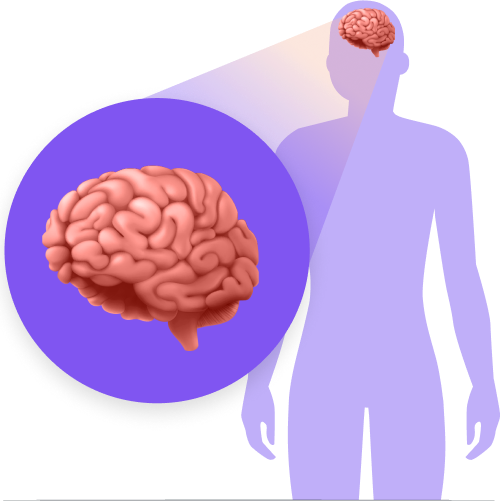- Home
- Topics
- Smoking and your health
- Smoking and viral infections
Smoking and viral infections
One of the biggest reasons people decide to stop smoking is to protect their health. Smoking can make you more likely to get sick, and it can make illnesses like the flu and the common cold worse. This page explains how smoking affects common respiratory illnesses and why quitting can help.
Smoking and the flu
Influenza, or the flu, is a virus that affects your lungs, nose and throat. Most people recover on their own, but sometimes it can become more serious.
People who smoke are more likely to catch the flu and have a harder time fighting it off. They are also more likely to end up in hospital. This is partly because smoking weakens the immune system, making it harder for your body to fight infections.
Smoking and the common cold
The common cold is a virus that affects your nose and throat. Most people recover in 7 to 10 days, but smoking can make a cold worse and last longer.
Smoking can also make it easier to catch a cold and increase the severity of your symptoms.
Smoking and COVID-19
Smoking increases the risk of getting COVID-19 and can make the symptoms worse. If your lungs have already been damaged by smoking, your chances of having severe COVID-19 symptoms, like a bad cough or fever, are higher.
People who smoke often experience longer and more serious symptoms when they get viral infections. This is true for COVID-19 as well.
Quitting smoking can reduce your risk of getting sick and help your body recover faster when you do.
Create a personalised Quit plan that will support you while you quit.
